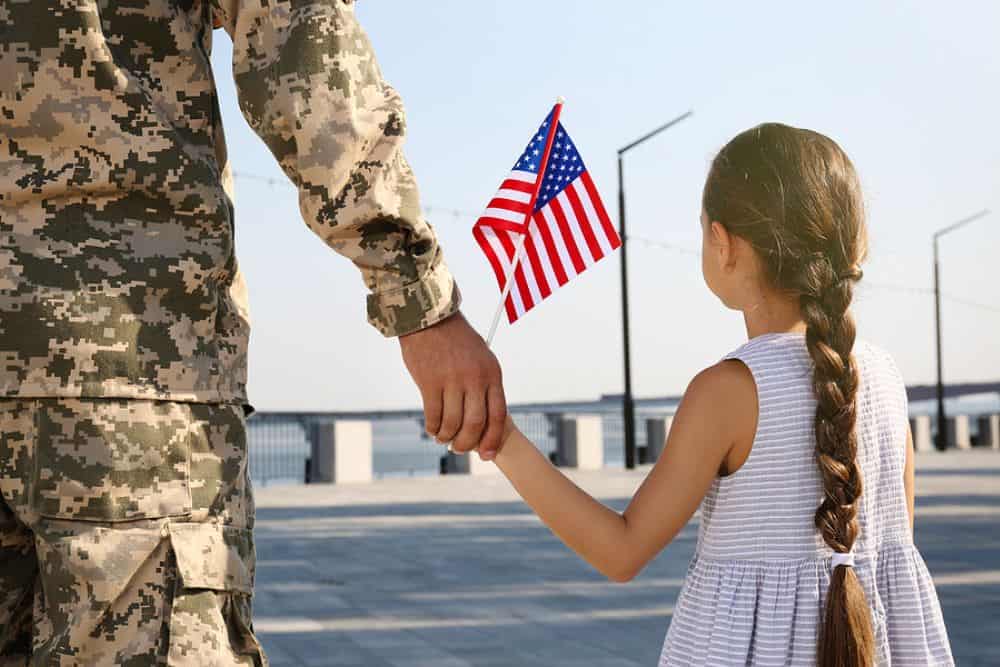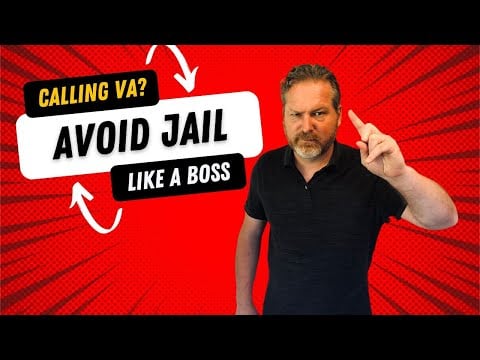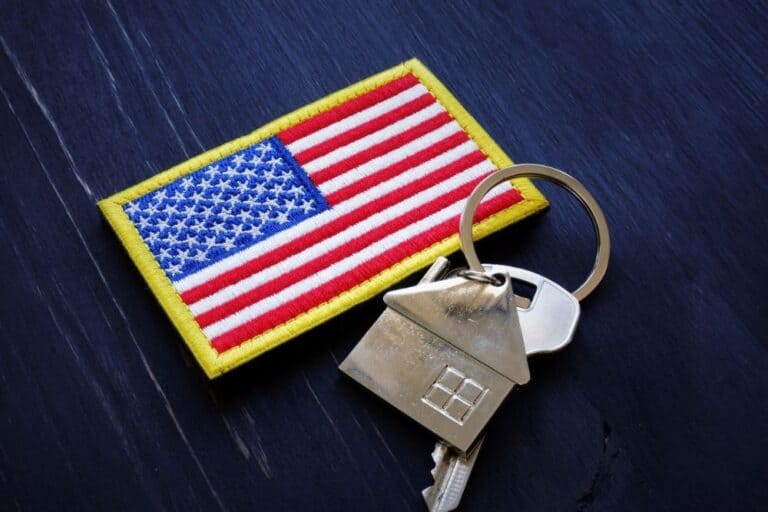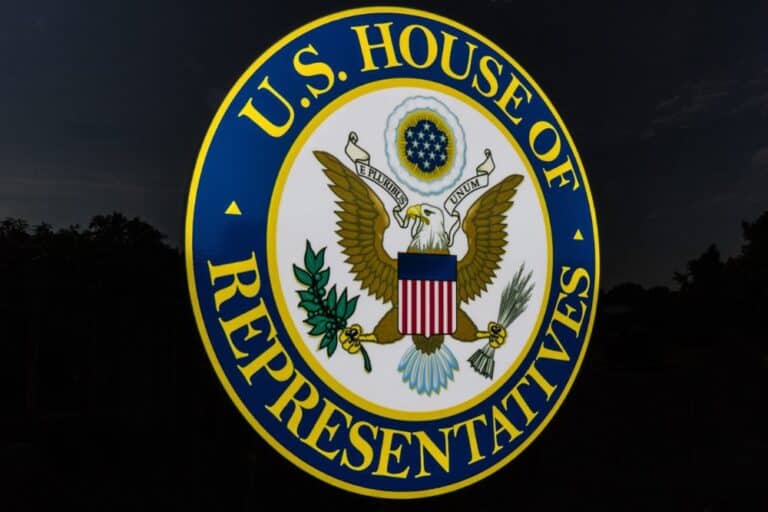Single Parent Veterans Face Hurdles in Accessing Post-Military Benefits
In a recent study by the RAND Epstein Family Veterans Policy Research Institute, it was revealed that while single-parent veterans often enjoy higher personal incomes compared to their civilian counterparts, they face substantial challenges in accessing health and education benefits post-military service.
Subscribe to our weekly newsletter and stay up to date.
Financial Disparities
Census data from 2020 indicates that approximately 12% of veterans are single parents, a slightly lower rate than the general American population. Surprisingly, the personal income of veteran single parents averages around $42,000 annually, significantly surpassing the $24,000 earned by non-veteran single parents. However, this financial advantage diminishes when compared to two-parent veteran households, highlighting the need for targeted support.
Health and Education Struggles
Single parent veterans are less likely to utilize health insurance, housing assistance, and employment services effectively, even though they have the same entitlement to post-military benefits as other veterans. Education benefits, in particular, are a notable area of struggle. While these veterans enroll in college at slightly higher rates than their peers, completing their degrees is substantially more difficult due to the dual responsibilities of parenting and studying.
GI Bill Challenges
One of the focal points of the study is the significant hurdles single-parent veterans face in utilizing GI Bill benefits. While enrollment rates in college classes are slightly higher for single-parent veterans compared to their peers, completing degree programs proves to be a formidable task. The demanding nature of parenting responsibilities, coupled with the academic commitment, creates high barriers to utilizing the educational benefits guaranteed to veterans. It is noteworthy that nearly 20% of women and 15% of men in this group reported being unable to see a doctor in the last year due to the prohibitive cost of medical care, adding a layer of urgency to address these challenges comprehensively.
Recommendations for Improvement
To address these challenges, the RAND study recommends targeted changes, such as increased child care support, revised degree completion requirements, and better information on additional federal benefits like the Supplemental Nutrition Assistance Program and federal child care support services.
A Call for VA Action
The findings of this study shine a light on the struggles faced by single parent veterans in accessing essential benefits. It underscores the need for the Department of Veterans Affairs to reassess and improve its support systems, ensuring that these veterans receive the comprehensive care and assistance they deserve for their service to the nation.
FAQs
How do single-parent veteran households compare financially to civilian counterparts?
Single-parent veteran households generally have higher personal incomes than civilian single-parent households, averaging around $42,000 annually.
What challenges do single-parent veterans face in utilizing GI Bill benefits?
Single-parent veterans encounter difficulties in completing education programs, with juggling parenting responsibilities and full-time education being significant barriers.
How can the Department of Veterans Affairs better support single-parent veterans?
Recommendations include providing more child care support, adjusting degree completion requirements, and improving outreach on federal benefits.
In what ways can mental health support be tailored to address the unique challenges faced by single parent veterans?
Tailoring mental health support involves creating specialized programs to address the unique challenges encountered by single parent veterans during their transition to civilian life.







Pfft, usually everything is better when you first get into the system then get older and realize that there’s a looooong list of things you can’t get done even if you REALLY need it to live a better life. Then you either leave in disgust, move somewhere where it’s better, or just fuckin die. Then when you get to be about 80 years old they act like nothing happened for 40 years and all of a sudden they want to help you out.